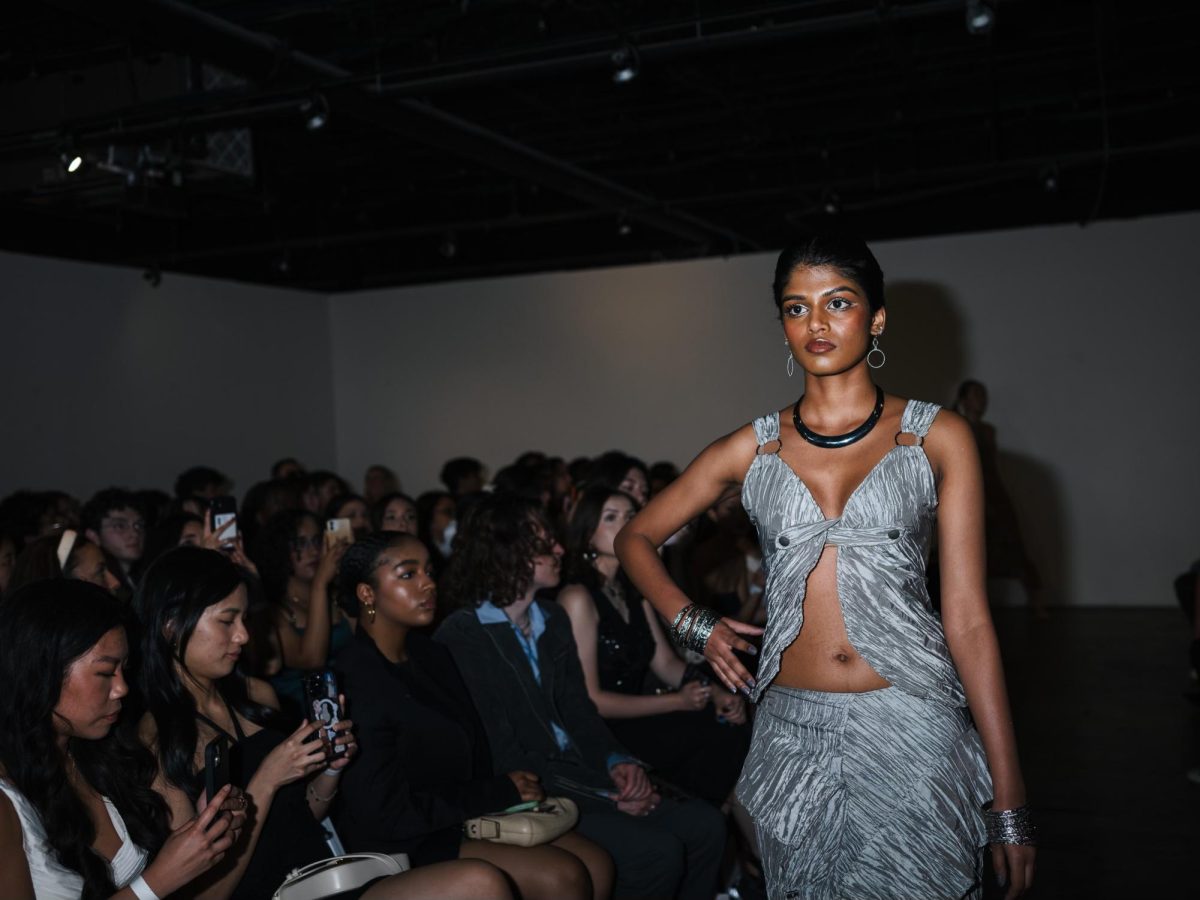Editor’s Note: This is the sixth installment of a column exploring the literary world in Austin.
Paul Lisicky’s prose is architectural. Not only do his stories concern themselves with themes of community planning, home improvement projects and opposition to urban expansion, but his sentences are sturdy and carefully crafted with a touch of ornamentation.
Lisicky, who will be reading from his forthcoming novel “The Burning House” this evening, never intended to be a writer. While other children wistfully dreamed of becoming ballerinas and firemen, he had a serious goal of becoming a real-estate developer, “just like Bill Levitt,” who is often considered the father of modern American suburbia for his development of Levittown in New York.
“I was impatient with being a kid,” Lisicky says. “I was ready to get out into the world and begin planning, building and developing things.”
In a way, he never had to give up his dream. His writing allows him to construct entire neighborhoods and question the function of communities in society. His vivid depictions of streets and homes serve as a solid foundation for his architectural themes. In an expressionistic manner, his stories focus on the ways in which the characters attempt to construct or reconstruct their lives without losing their heritage. In his memoir, “Famous Builder,” Lisicky’s family attempts to fuse their Slovak background with American culture. Lisicky believes people of many upbringings can identify with the “immigrant narrative” of trying to fit in without losing themselves.
Lisicky strayed from his upbringing and initial ambitions in college. Much of his childhood involved composing songs to submit to the producers of “The Partridge Family,” and when he entered Rutgers University, he intended to pursue his passion for music. However, he eventually found that composing prose was a better fit.
“I was at a point in my undergraduate studies where I had to decide between classical music and something more popular and accessible,” Lisicky says. “I was in a writing workshop at the time, and I realized that with writing, you can bridge those two worlds together.”
Still wishing to incorporate his affinity for sound into his work, Lisicky creates his sentences with a rhythm in hopes that his language will resemble the spontaneity of music. Though he typically prefers silence or unstructured background noise while he writes, he is inspired by a number of bands, citing The Dirty Projectors and The Morning Benders as his favorites.
“I love bands with a cult following, like Bear in Heaven. They’re not out to sell a certain number of units, but to create and protect a specific sound,” Lisicky says. “I’ve always wanted to be a cult writer in that regard.”
If Lisicky has achieved his goal, then the specific style he embodies is that of sorrow blended with subtle wit. Though his earlier works could be categorized as slapstick funny, he now aims for a quiet playfulness that makes the oftentimes somber plot lines more emotionally accessible.
“I never want to write a deadly serious book, or a book that takes itself too seriously,” Lisicky says.
Although exteriorly “The Burning House” appears to be quite austere — a man falling in love with his sister-in-law while attempting to save his community from urban expansion — each sentence is graced with Lisicky’s trademark wit.
“It’s interesting how my memoir is about a kid who wants to build communities, but the protagonist in [‘The Burning House’] is opposed to development,” Lisicky says. “It seems sort of contradictory, but I want to create a conversation across several books about communities and what they mean.”














